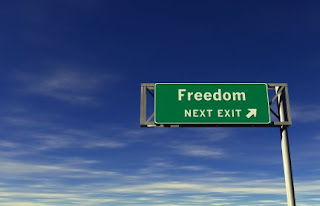 Let me start by saying that this is not a critique on democracy, and that it is not an attempt to describe or explain democracy. It is a simple commentary on the state of affairs.
Let me start by saying that this is not a critique on democracy, and that it is not an attempt to describe or explain democracy. It is a simple commentary on the state of affairs. For some time now I have had this uneasy feeling around what is being described as democracy in
As a theory it sounds great, as long as the assumptions are clear. For example, as long as the majority is not much bigger than the minority, that is, as long as there is a power balance, those representing the people in the positions of decision making will be careful to consider what actions might swing the power balance. If the democracy is based on some sort of representation that is not specifically allied to the party from which the representatives come, then the individuals may make the best decisions on behalf of the constituency. The assumption is that party dogma will take the back seat and that the individual will operate with integrity and within the moral value system of the majority.
My concern is with these assumptions. If the understanding of democracy is only that the “will of the people is paramount”, and if the people are not sensitive to how they may be open to powerful suggestion from those in the positions of power, things may go horribly wrong. It might be that the people come to recognise less and less of the failings of the bureaucrats because of a cultural predisposition to believing that those elected are indeed morally sound. Ultimately, if the elected individuals fail, the implication is that the people failed!
How can one test whether a democracy, or any other form of rule, is sound? I suppose there are many logics available for this, but I like the approach of Karl Popper. Unless the people can remove the government without bloodshed, the system is flawed. I also feel that if it becomes exceedingly difficult to ensure that government does what is in the best interest of citizens, and if government resorts to “sloganism” in order to suggest new realities and values and to preserve their positional power, then there is no rule by the people and a “tyranny” is taking root. In fact, then the country has embarked on the road to dictatorship.
It is with this in mind that I consider the situation in
The last word goes to Popper: “Democracy in the sense of ‘rule by the people’ has practically never existed, and when it has, it has been an arbitrary and unaccountable dictatorship. Rule by the people cannot be; it is unaccountable.”






No comments:
Post a Comment